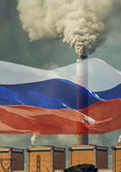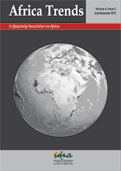Deciphering Russia’s New Nuclear Strategy
Russia’s new nuclear strategy is both a tactical and a strategic document. It leaves the door open for adversaries to recalibrate their strategies while giving Russia the scope to manoeuvre the ongoing turbulence in its ties with the US
- Rajorshi Roy
- June 23, 2020







